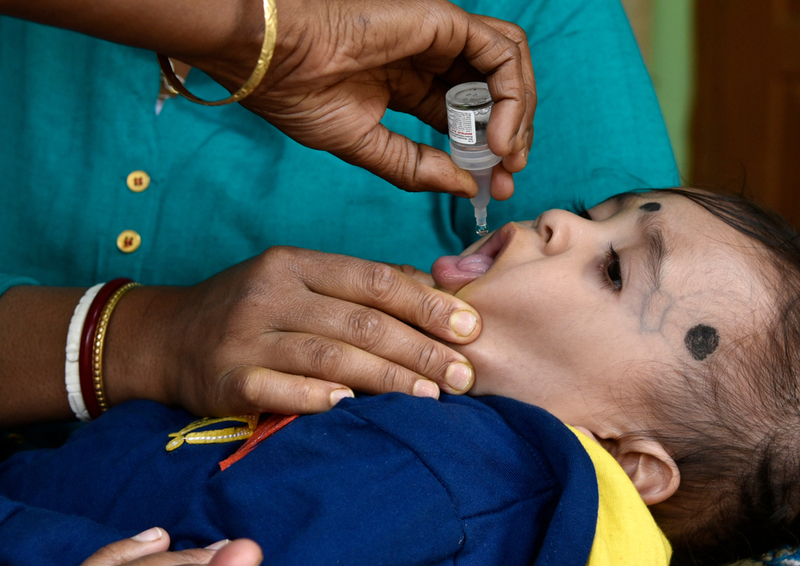World Immunization Week aims to promote use of vaccines to protect people of all ages
UNI Apr 26, 2019
World Immunization Week – celebrated in the last week of April – aims to promote the use of vaccines to protect people of all ages against disease.

Immunization saves millions of lives every year and is widely recognized as one of the world’s most successful and cost-effective health interventions. Yet, there are still nearly 20 million unvaccinated and under-vaccinated children in the world today. To mark this day, West Bengal Chief Minister Mamata Banerjee tweeted, “ #WorldImmunisationWeek begins today. I am very proud to share with you all that 100% children in #Bangla are fully immunised. My best wishes to all.”
The theme this year is Protected Together: Vaccines Work!, and the campaign will celebrate Vaccine Heroesfrom around the world – from parents and community members to health workers and innovators – who help ensure we are all protected through the power of vaccines.
The main goal of the 2019 campaign is to raise awareness about the critical importance of full immunization throughout life
As part of the 2019 campaign, WHO and partners aim to: Demonstrate the value of vaccines for the health of children, communities and the world.
Highlight the need to build on immunization progress while addressing gaps, including through increased investment. Show how routine immunization is the foundation for strong, resilient health systems and universal health coverage. Expanding access to immunization is vital for achieving the Sustainable Development Goals, poverty reduction and universal health coverage.
Routine immunization provides a point of contact for health care at the beginning of life and offers every child the chance at a healthy life from the earliest beginnings and into old age. Immunization is also a fundamental strategy in achieving other health priorities, from controlling viral hepatitis, to curbing antimicrobial resistance, and providing a platform for adolescent health and improving antenatal and newborn care.
In West Bengal, Complete immunisation of children has risen from 80 to 100 per cent, Infant Mortality Rate (IMR) down from 32 in 2011 to 25 in 2018 (deaths per 1,000 live births), Maternal Mortality Rate has reduced from 113 to 101, Institutional Delivery has increased from 65 per cent in 2010 to 97.5 per cent in 2018, an official spokesperson today said.
Number of SNSUs has shot up from zero to 307, Number of SNCUs has gone up from just 6 to 70, with 2,217 functional beds, Out of 15 PICUs (Paediatric Intensive Care Units) planned, 12 are fully functional and the remaining three units will be functional by September 2019 and 13 Mother and Child Hubs (M&CH) are being set up for ensuring a qualitative and quantitative improvement in maternal and child services at hospitals with high case load, he added.
-
Exclusive Write-ups & Webinars by KOLs
-
Daily Quiz by specialty
-
Paid Market Research Surveys
-
Case discussions, News & Journals' summaries